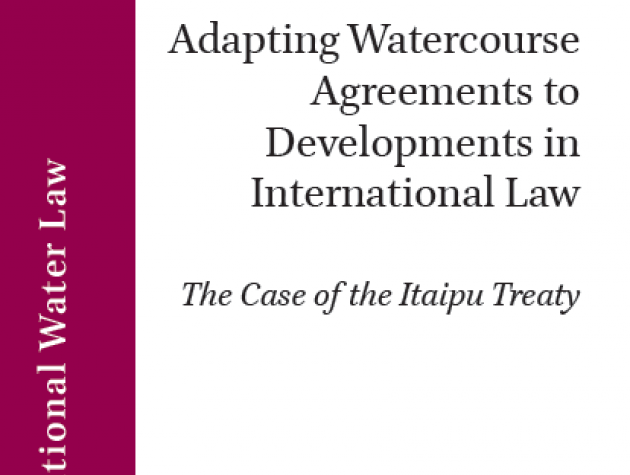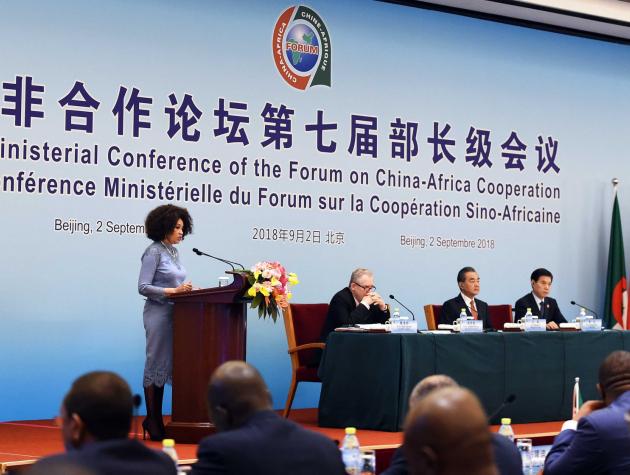GEG WP 2016/116 Who Needs Rules? Explaining Participation in the Investment Regime
Abstract
Foreign direct investment (FDI) has increased dramatically in recent decades, spurring the growth of a decentralized regime for the governance of this investment. As the regime and scholarship about it grow, a fundamental question remains unanswered: why do governments provide private investors with the right to sue them directly in international tribunals? Previous scholarship suggests governments do it to compensate for weak domestic institutions, yet recent evidence to support this view has been unconvincing, leading others to argue that weaker governments are coerced into doing so or that governments do not consider fully the consequences of providing access to arbitration. In this paper, we apply commitment theory, with a twist: a government’s decision to commit is conditional on its ability to attract investors—not on its domestic institutional quality. We argue that all developing states receive a cue from external actors to provide access to arbitration, and governments without initial endowments that attract investment are systematically more likely to listen. To test the argument, we introduce a new dataset of domestic investment laws in 140 developing countries, and a new, legally sophisticated coding of those countries’ investment treaties. We find that states with enduring advantages in attracting investors, like oil deposits and larger markets, are significantly less likely to provide access to arbitration.






